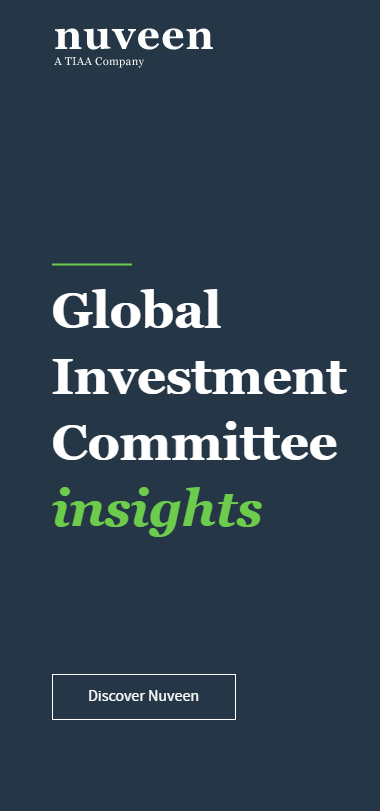
June 28, 2020 – In a report issued yesterday, Citi’s Municipal Research team recommended state and local governments undertook “aggressive stimulatory measures” to combat the revenue/expenditure shock resulting from COVID-19.
While acknowledging many U.S. states and large cities are facing unprecedented fiscal challenges (examples cited included a $10B budget deficit for New Jersey, nearly $15B in revenue shortfall for New York and the prospect of 22k laid-off workers in New York City), the Citi team opined that the two traditional mechanisms to balance budgets – cutting expenditures and raising taxes – were both “equally detrimental”.
Referencing Detroit, Puerto Rico and Chicago, the report noted that services reduction and high taxes would ultimately result in out-migration and a shrunk tax base, culminating in a “credit death spiral” for impacted issuers.
Thus, the report concluded, “alternative” options should be considered to boost the local economy, including (i) funding payroll subsidies for local businesses, (ii) providing sales tax relief and (iii) enacting property tax relief. Capital and infrastructure spending, while effective for the long-run, may not provide the immediate, resuscitatory effect required.
But how can state and cities fund these measures at a time their budgets are ravaged by declining revenues?
The team suggests tapping the Federal Reserve’s Municipal Liquidity Facility (MLF), stating the following:
We have always lived by the motto of prudent debt policy. However, we believe now is the time to take on some short term pain (though it will entail higher debt service costs and the possibility of a downgrade) in the hope of long term gain (a resurgence of business activity and employment). That is, we recommend that states and local governments that are struggling with intense business closures and layoffs should:
- Utilize the Fed’s MLF facility (i.e. issue 1-3 YR notes) to fund stimulus and relief measures, and
- Refinance these notes opportunistically since the absolute levels of interest rates are still low.
Reactions to the Citi report were decidedly mixed, based on interviews BuyMuni conducted over the weekend.
A portfolio manager of a $5B New York fund thought it was an “interesting” idea but noted that many large issuers are constrained by political and legal considerations in issuing debt for stimulatory spending.
A bulge-bracket New York stategist BuyMuni spoke to was less supportive of the proposal, characterizing the Citi proposal as “kicking the can down the road”.
“The New Jerseys and New Yorks of the world should learn how to live within their means. Otherwise, more indebtedness today means less financial flexibility to meet future challenges including the hundreds of billions we know will be needed to meet the challenges of climate change“, he said.
An ESG strategist (focused on both transportation and P3s) thought the Citi proposal “made a lot of sense”. “In a few short years, so many issuers will be kicking themselves for not issuing 20 year debt at under 2% to fund transformative, critical infrastructure“, she said.
Contact Lisa Lopez at LLopez@buymuni.com.



